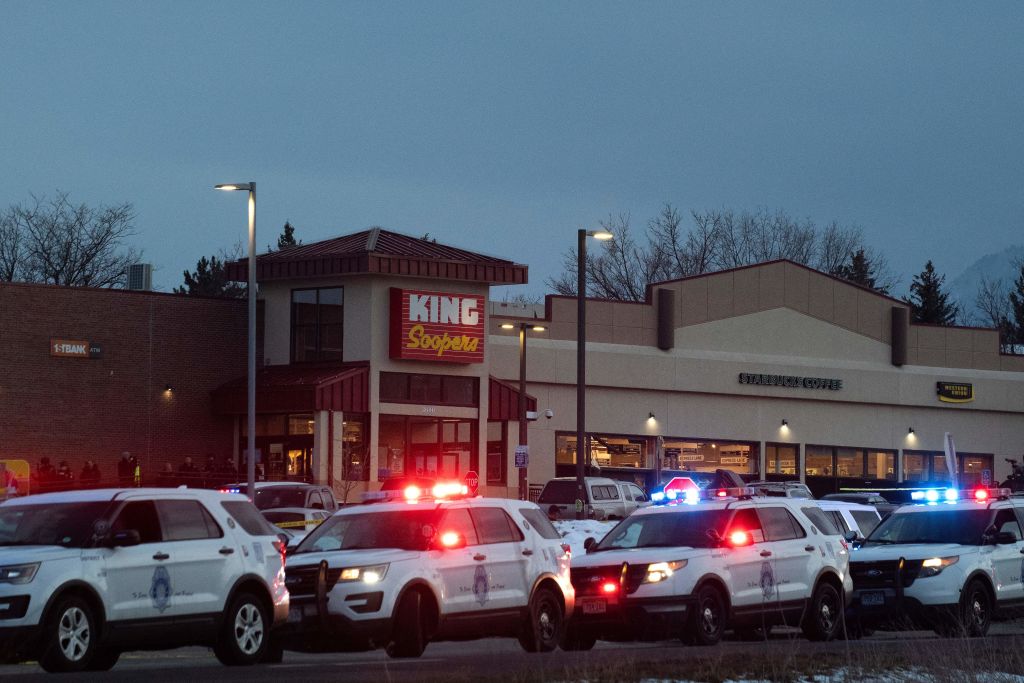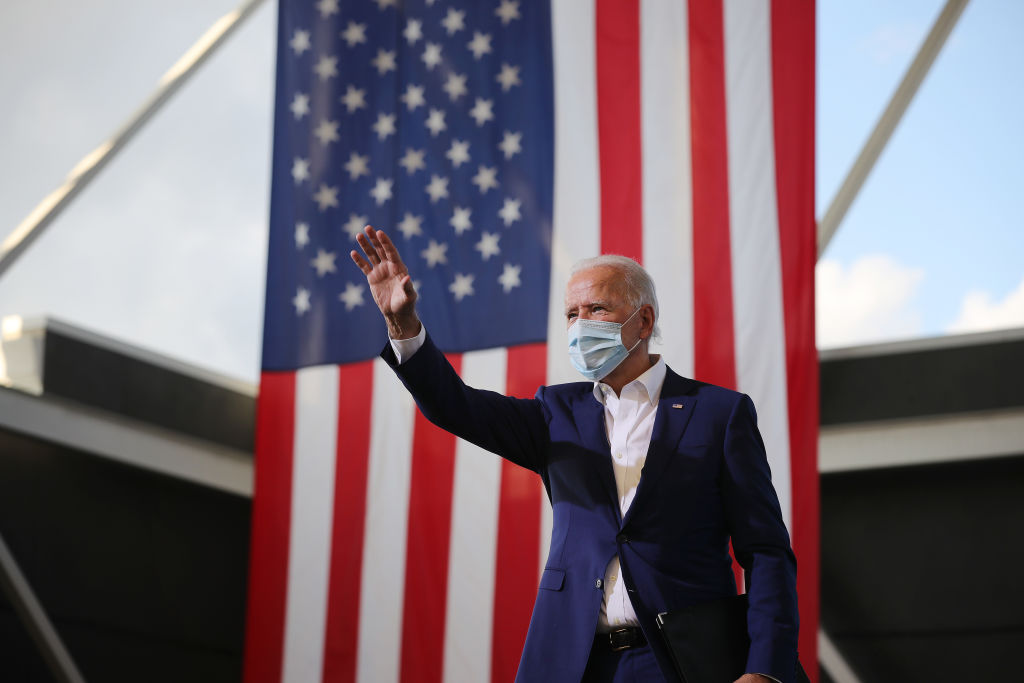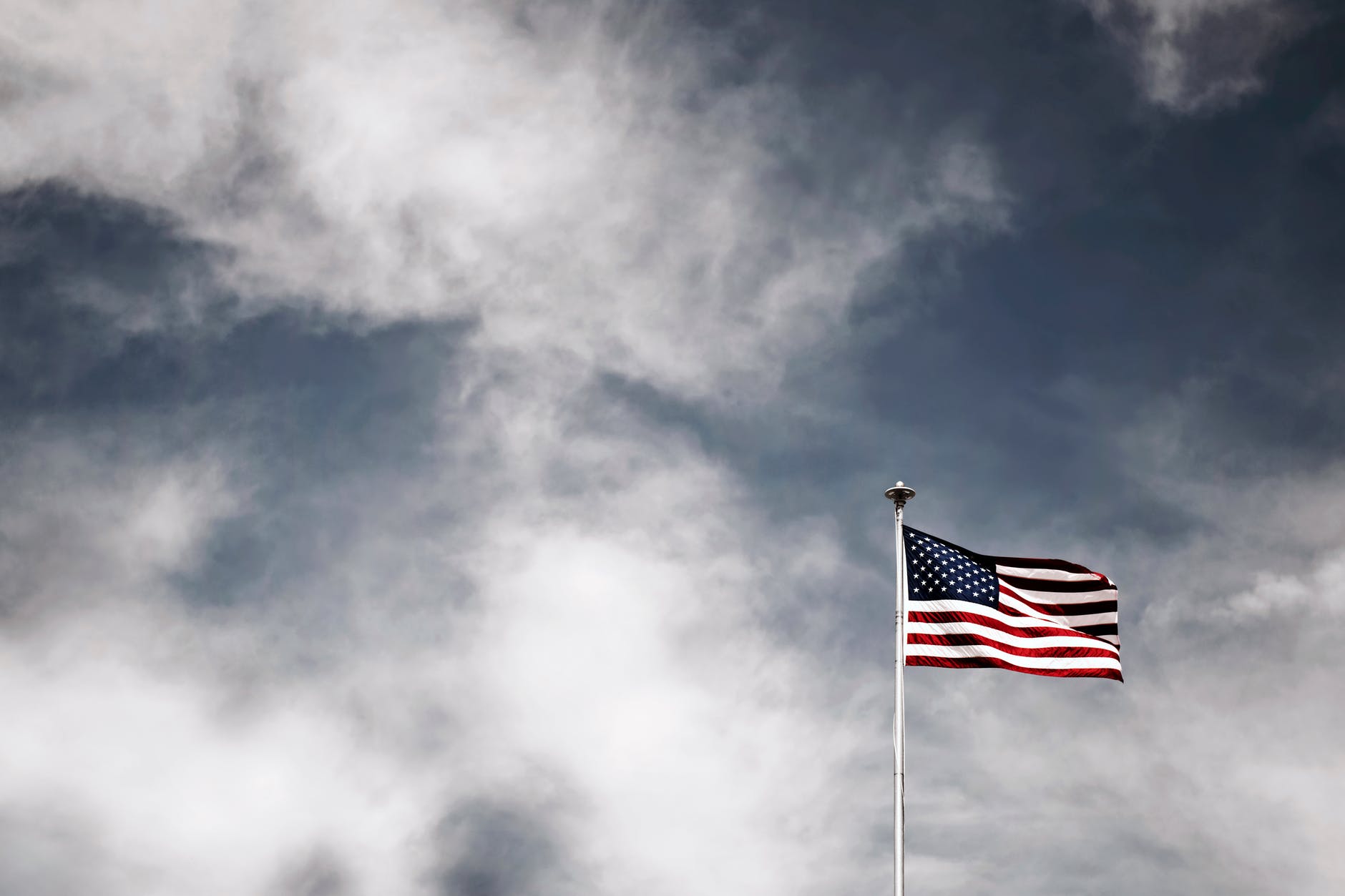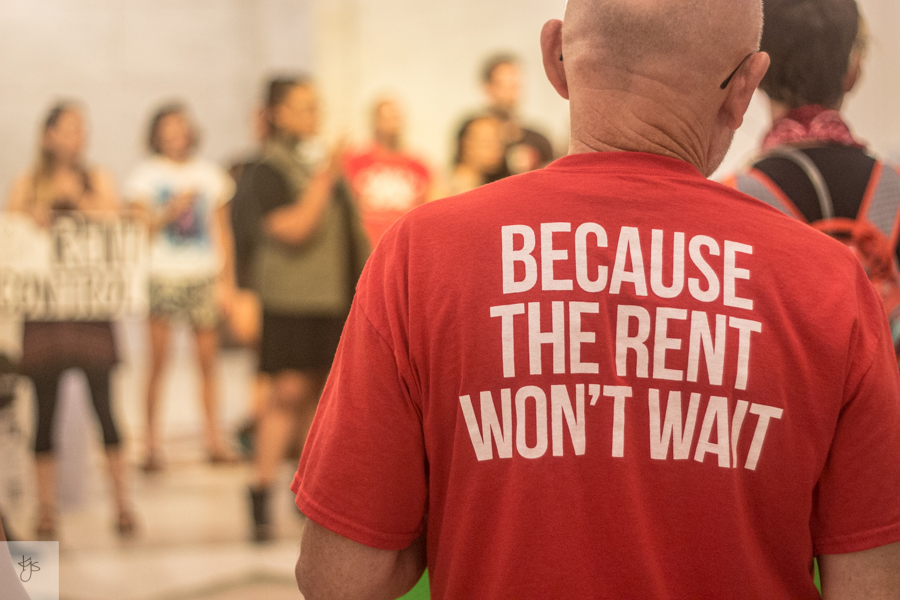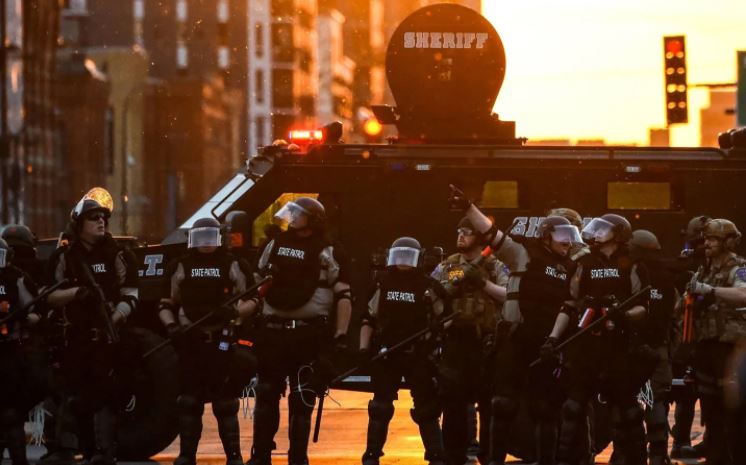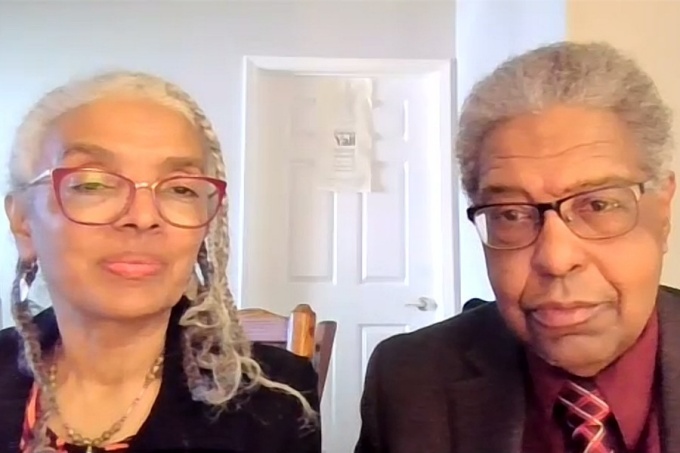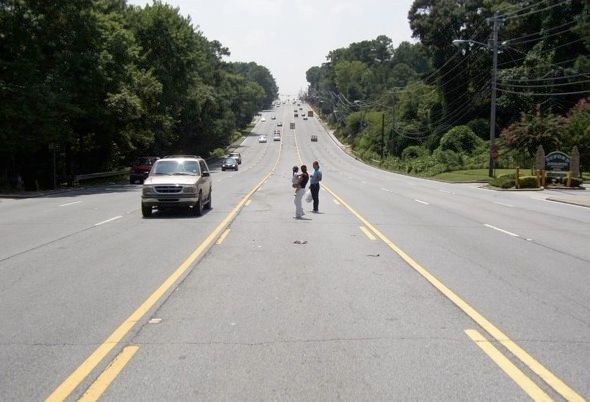Last Week in Boulder, the NRA Struck Down an Assault Weapons Ban. This Week in Boulder, a Massacre.
By David Sirota, Andrew Perez, Joel Warner
Read the full article from Jacobin, here.
Last week, the National Rifle Association successfully struck down an assault weapons ban in Boulder, Colorado. Five days later, Boulder was the scene of a mass shooting — reportedly with the same kind of weapon the city tried and failed to ban.

